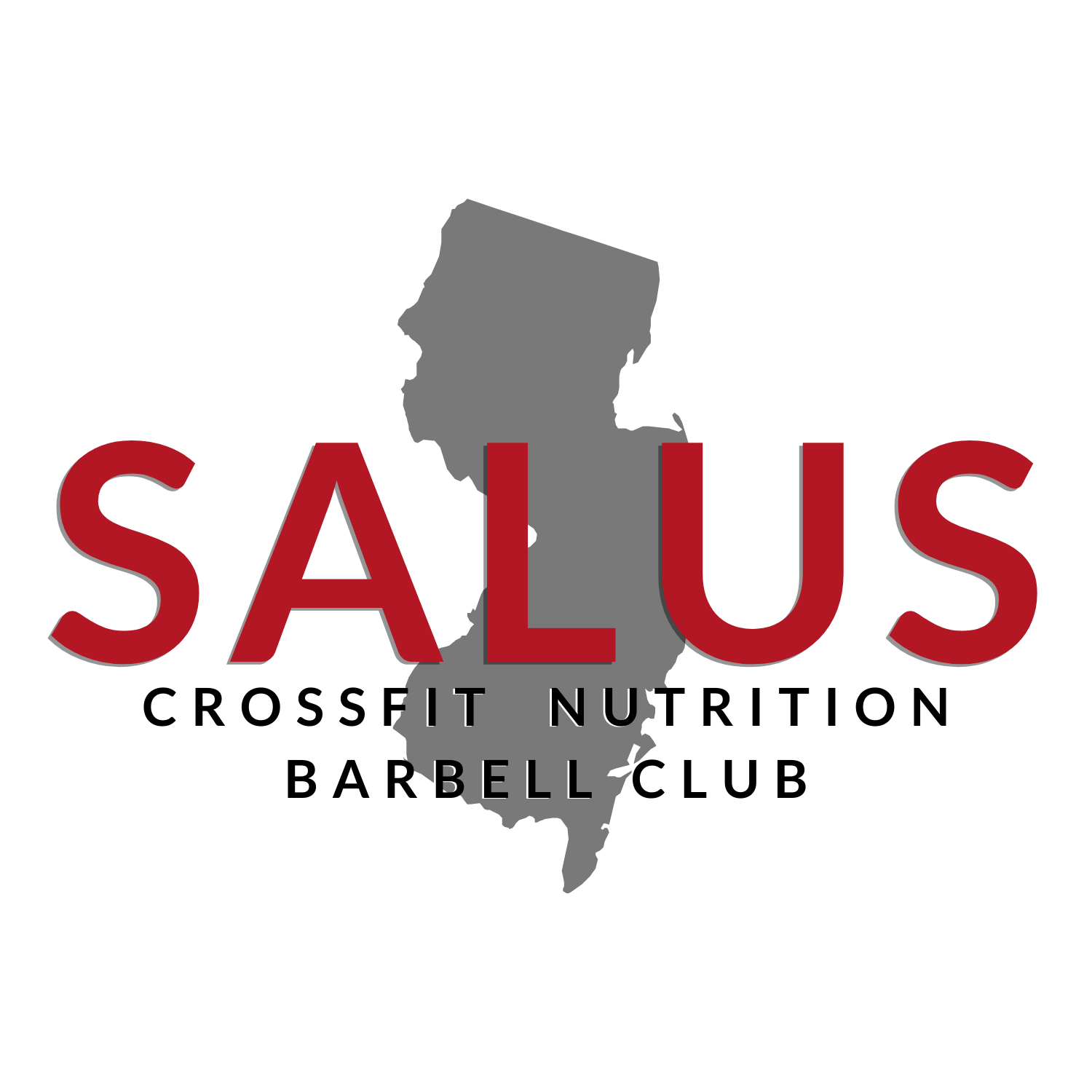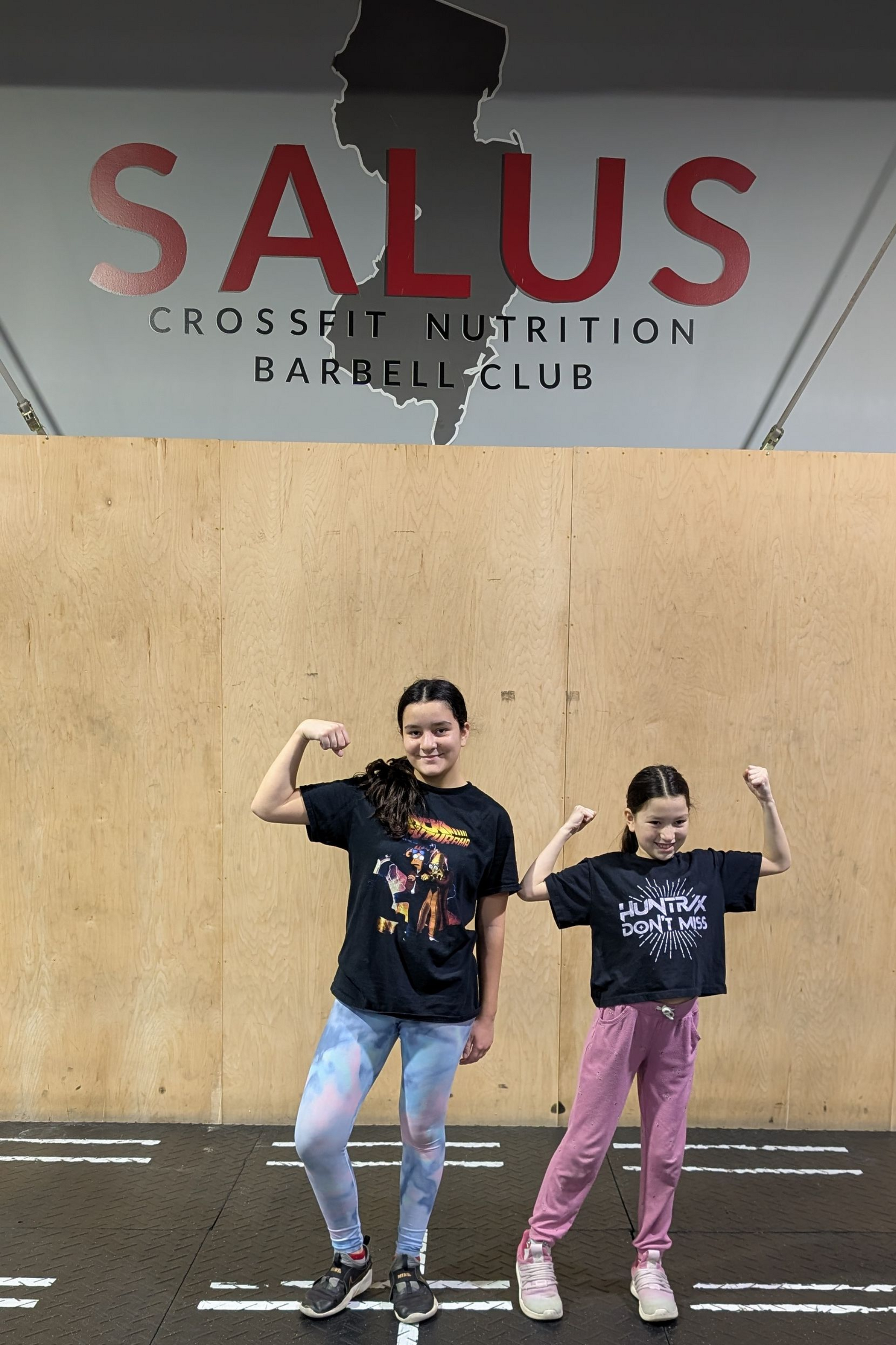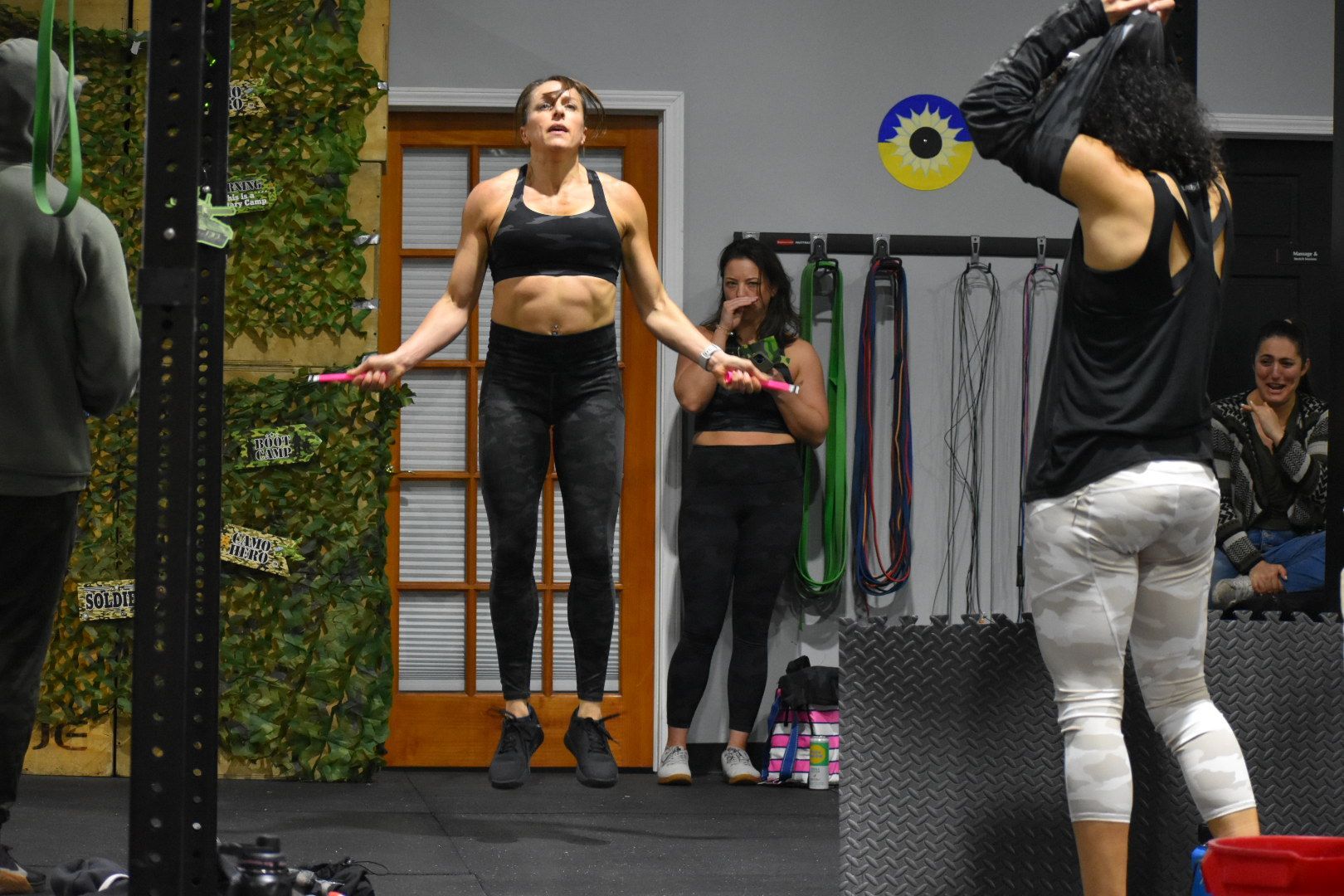The Link Between Sleep and Goals
You have big goals and you’re ready to achieve them… except for one problem. You have to sleep! Sooner or later you have to stop sprinting and start sleeping.
What a downer, right?
Sleep and Goals
Actually, it’s not. Far from undermining your goals, sleep is a key ingredient in achieving your goals!
Studies show that getting a good night’s sleep can have a direct impact on achieving your goals. If you don’t get adequate sleep, it is much more difficult to sustain mental strength and stability (key components when it comes to achieving goals).
Whether you want to achieve a fitness milestone, clean up your diet, or attack a work performance goal, then getting the daily recommended 7-9 hours of good-quality sleep is paramount.
Too tired to crush your goals?
This has not been a very good year for sleep, I can relate.
Put the following tips into practice and you’ll feel better at home, during work, at the gym and you’ll have more energy to attack those goals. You’ll shift from a: “I’m just getting through the day survival-mode” to: “Hey, I have energy at 3pm to work on my goals (without a jolt of caffeine).”
Here are 10 tips (plus a bonus) for getting more and better sleep so you can bring your best self to each and every day.
1. Find a rhythm. Go to bed and wake up at the same time. A consistent sleep schedule is key.
2. Lower the temperature in your bedroom. 60-67 degrees is optimal.
3. Avoid blue light (electronics) for 2 hours before bedtime.
4. Exercise daily.
5. Keep it dark. Remove all light sources from your room.
6. Avoid alcohol & caffeine later in the day.
7. Get up as soon as you wake up without hitting snooze.
8. Relax. Add some relaxation habits to your nightly routine.
9. Alter lights to match circadian rhythm.
10. Get outside. Expose yourself to sunlight early in the day.
Bonus. Set a bedtime alarm (this one is my favorite) to remind you to turn off devices and start unwinding.
How You Eat Affects Your Sleep and Your Sleep Affects How You Eat
Sleep might sound like it has nothing to do with nutrition, but the truth is, if you’re not getting enough sleep (quantity AND quality of sleep) you’re going to ride the struggle bus the next day just to stay on track with your food choices and workouts.
The relationship between poor diet and bad sleep is a two-way street.
Much research suggests that the foods you eat can directly affect how well you sleep. AND also, your sleep patterns can directly affect your dietary choices.
Eat Better to Sleep Better
Research shows that eating a high-sugar diet, a diet high in saturated fat and consuming processed carbohydrates can all disrupt your sleep. On the other hand, eating more plants, more fiber and more foods that are rich in unsaturated fat (nuts, olive oil, fish and avocados) can have the opposite effect by helping to promote sound sleep.
Sleep Better to Eat Better
Additionally, scientists have found that when people are sleep deprived, they experience physiological changes that can influence them to consume more junk food. In clinical trials, healthy adults who were allowed to sleep only four or five hours at night ended up eating more calories and snacked more during the day.
A study published in the European Journal of Clinical Nutrition found that participants who slept fewer than five and a half hours per night ate 385 more calories the next day. That’s another meal for many people – equivalent to guzzling two and a half cans of soda, a few extra handfuls of chips or a couple slices of pizza.
Another interesting note in the study: the sleep-deprived individuals chose different kinds of foods the next day compared to the well-rested subjects. The sleep deprived folks skimped on clean foods like protein and veggies – and instead ate empty calorie foods like soda, chips, and pizza!
Not only that, but they also experienced significantly more hunger and their preference for sweet foods increased.
Why does this Happen?
Sleep loss changes the timing and release of appetite-controlling hormones. Chances are, if you experience a lack of sleep, you’ll be triggering increased levels of ghrelin (hormone that tells the brain you’re hungry) and decreased levels of leptin (the satiety hormone that tells the brain you’ve had enough), leading to increased hunger and appetite.
But hormones aren’t the only thing at play. Without adequate rest, junk food and other high-fat, processed foods become more appealing because of certain changes in the rewards center of the brain. Interestingly, sleep loss affects this area of the brain in much the same way marijuana does and often leads people to seek out foods that offer quick bursts of energy or increased alertness: sugar and junk.
Consequently, the results are much the same — a serious case of the munchies.
Yikes.
The Takeaways?
- Eat clean and it will improve the quality of your sleep.
- Get enough (good) sleep and it can increase your willpower to avoid unhealthy foods.
From Zzzz to GSD
Sleep is underrated. Try these tips and you’ll be amazed at the spike in your energy levels. You’ll go from yawning your way through the day to being recharged, refreshed and get more stuff done (GSD).
In fact, we love sleep so much, we’ve written quite a few posts about it:
- Sleep 101: How much sleep do you really need?
- Sleeping Tips for Athletes
- Sleep 101: Can you repay “sleep debt?”
- Sleep 101: How do cell phones mess with sleep?
- Sleep 101: How does (a lack of) sleep impact performance?
- Sleep 101: Should you still workout if you haven’t slept well?
- 3 Ways to Optimize Recovery
The post The Link Between Sleep and Goals appeared first on Salus.





